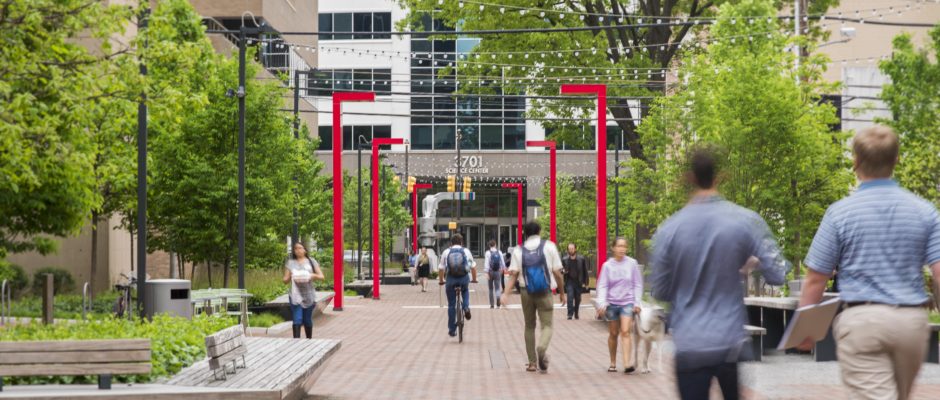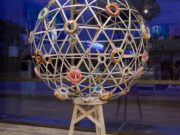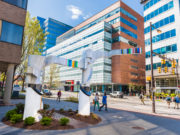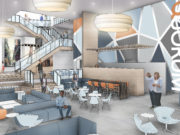In October, hometown kid Stephen T. Zarrilli will take the reins as the 11th president and CEO of the University City Science Center. Zarrilli brings with him a 35-year resume packed with experience in public, private, venture-backed and nonprofit enterprises. Most recently, he served six years at the helm of Safeguard Scientifics in Radnor, another made-in-Philly success story.
As Zarrilli prepares to lead the Science Center, with its expanding mission of boosting research and innovation, serving as a hub of entrepreneurial activity, and co-developing the vast uCity Square real estate project, we took a few minutes to get acquainted.
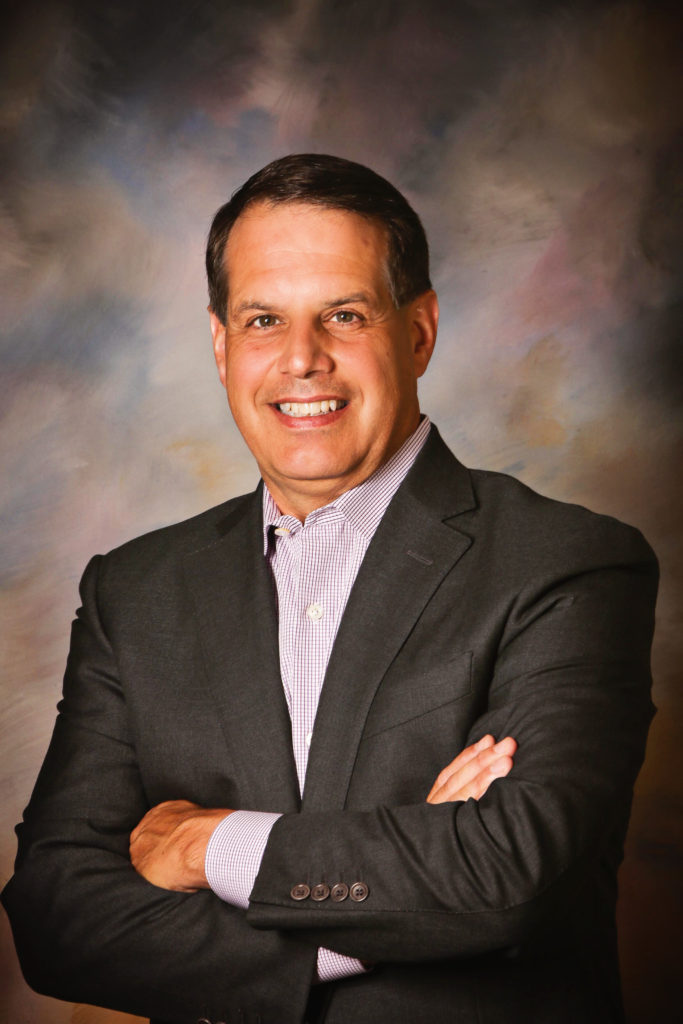
Keystone Edge: Tell us your personal story.
Stephen Zarrilli: I have spent my entire life here in the Philadelphia area. I grew up in Cinnaminson, New Jersey, and went to La Salle University. I have lived in Malvern since 1993. My wife and I have three adult children — one is still living at home with us.
I started at Deloitte in Philadelphia in 1983, where I spent the first third of my career, ultimately launching a local practice focused on serving the needs of emerging businesses.
Your career has involved finance, venture capital, technology and more. How will that experience inform your approach to leading the Science Center?
I would like to think that I am uniquely qualified to serve in this role, bringing a perspective that is different from my predecessors. I have at one point or another been involved in almost every aspect of conceptualizing, launching, building, commercializing and exiting a business. Most of my efforts have been in technology, but I have also been active, especially in capital provisioning, with life science companies as well.
My experiences have allowed me to not only understand the unique and varied challenges an entrepreneur will face on their journey, but also build a national network of professionals, financiers, entrepreneurs and other key influencers related to innovation.
What do you consider your greatest success so far? And failure?
In addition to a terrific marriage of 33 years and raising three amazing children, I think my greatest accomplishment in my career and life thus far has been the ability to involve myself in a wide variety of organizations and to bring real change to those organizations.
I fundamentally believe that the Science Center can be a nationally recognized model for innovation and entrepreneurship.Stephen T. Zarrilli
As I reflect back on my career, I have led both private and public companies, and served on the boards of a variety of nonprofit organizations, including a university, an economic-development-focused funding organization, and a civic organization devoted to marrying the arts and business communities. Each of these experiences has led to efforts to grow, change and, in some situations substantially alter, the forward path of the organization, to insure it is properly meeting the needs of its constituents. Developing and honing this versatility has been one of my greatest successes.
During my career, I have also experienced several setbacks. From a business failure perspective, one involved an early-stage technology company 20 years ago that could not ultimately continue its growth or profitability due to changing market conditions. The second was the ultimate failure of an acquired technology consumer products company in the fitness equipment space. The lack of sufficient diligence led to a poor decision to involve myself and some investors in the business. Ultimately these experiences helped me develop other skills to benefit me in the future.
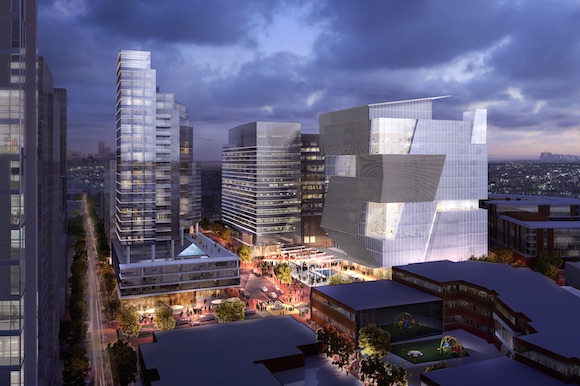
What is your vision for the Science Center?
I fundamentally believe that the Science Center can be a nationally recognized model for innovation and entrepreneurship. Our ability to connect a variety of impactful participants — universities, capital sources, service providers, entrepreneurs, innovators, mentors, etc. — and having a place like uCity Square that’s designed to meet their needs is powerful. This environment can incorporate elements of education, mentorship and career exposure for the next generation of entrepreneurs through partnerships with local schools and other community groups.
The Science Center in recent years has assumed a dual role in Philadelphia as a catalyst for entrepreneurs, startups and innovation, and, at the same time, as a major real estate developer. Which is the dog, which is the tail? How does/should the Science Center manage those roles?
Real estate and programming are both central to our mission. uCity Square allows us to convene and create a sense of place. It enables the Science Center to operate programs and support our mission of helping to turn great ideas into businesses while also nurturing a workforce to support our future innovation economy. Without uCity Square’s real estate, we can’t convene. Without our Science Center programs, we can’t add value to the region’s commercialization pipeline.
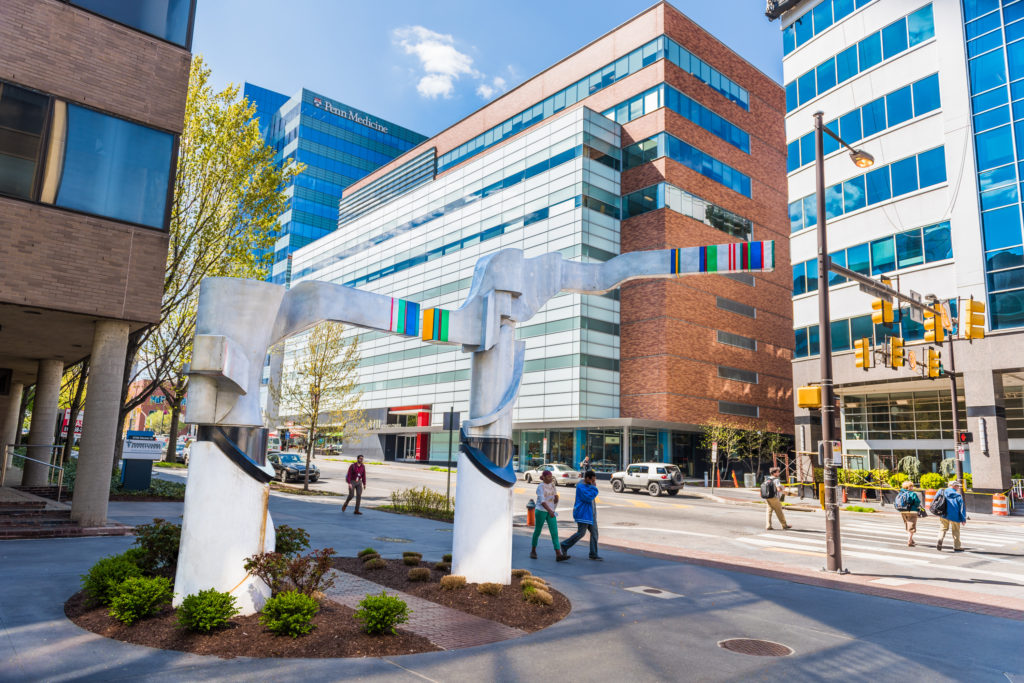
Our newest building at 3675 Market embodies this philosophy. The Science Center, with its expanded Quorum space, Venture Café programming and FirstHand Labs, combined with the offerings of CIC, will be the first of its kind for Philadelphia. The gathering capacity of the building and the variety of people it will attract is a game changer that distinctly leverages both the real estate and programmatic expertise of the Science Center.
The Science Center campus is at the fulcrum of two very different parts of West Philadelphia: a largely impoverished residential neighborhood to the north and west, and a booming academic/institutional presence to the south and east. What should be the Science Center’s role in addressing that dichotomy?
We’re acutely aware that the Science Center stands between the ivory tower of academia and underserved neighborhoods. I feel strongly that it is our responsibility to help bridge that divide, and that we’re uniquely equipped to do so.
To start, the Science Center’s nationally recognized initiative FirstHand focuses on hands-on, project-based learning with an emphasis on STEM career exposure. FirstHand’s programs are designed for middle and high school students from under-represented schools in Philadelphia, with many participants residing in a federally-designated Promise Zone. Through FirstHand, the Science Center is engaging students at a critical time in their development and showcasing all that is possible in a future STEM career.
We’re acutely aware that the Science Center stands between the ivory tower of academia and underserved neighborhoods. I feel strongly that it is our responsibility to help bridge that divide.Stephen T. Zarrilli
With the support of a Lenfest grant and in partnership with the University City District’s West Philadelphia Skills Initiative and Drexel University, the Science Center is expanding the FirstHand program to guide more local high school students towards STEM-related careers. We’ll also be working with the Skills Initiative to train and employ West Philadelphia residents in family-sustaining jobs at science and technology companies in uCity Square, University City and beyond.

This fall we’re also launching Venture Café Powered by Quorum, a weekly gathering for the innovation and entrepreneurship community across all sectors. The event is free and open to all, reducing barriers to information and thought leadership. Through Venture Café, we’re looking to provide a more accessible platform to attract new audiences and to reach those that may not have found an entry point into the innovation community.
In terms of infrastructure, we’re pleased that the [restored] street grid in uCity Square will create a physical entryway between the communities, at North 37th Street, literally breaking down a barrier that has existed for many years.
These examples are a start, but are by no means the full solution. As I settle into the role as president and CEO, I look forward to evaluating the impact of these initiatives and identifying new ways in which we can further influence positive change – facilitating more technology transfer and commercialization, spurring more business formation and growth, and promoting more access and equity in the innovation economy.
ELISE VIDER is news editor of Keystone Edge.
